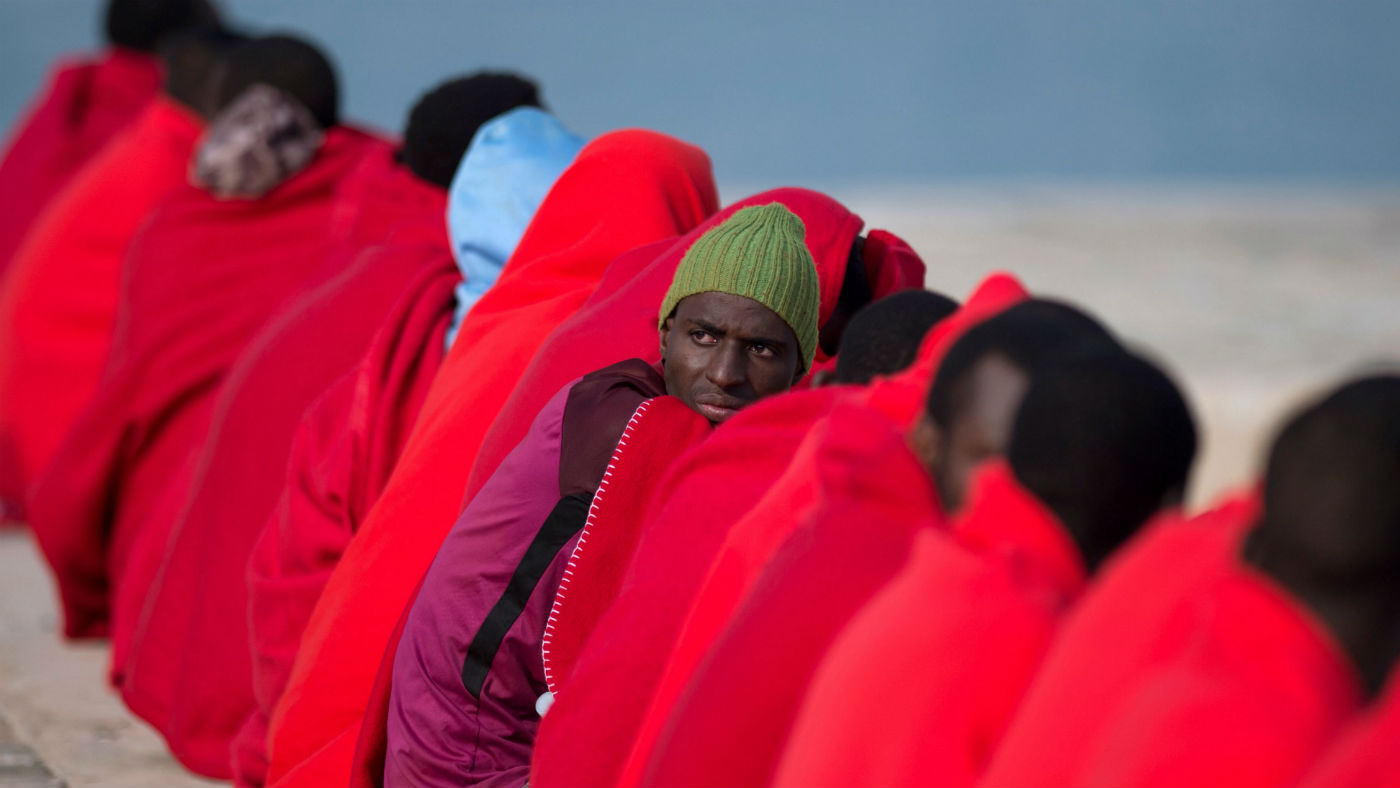Migrant smuggling nets criminals $7bn a year
First global study of human trafficking paints picture of a lucrative trade

A free daily email with the biggest news stories of the day – and the best features from TheWeek.com
You are now subscribed
Your newsletter sign-up was successful
Criminal gangs net up to $7bn a year from smuggling migrants around the world, more than the combined humanitarian aid budgets of the US and EU.
That’s according to the first global study on the smuggling of migrants, carried out by the UN Office on Drugs and Crimes, which found that at least 2.5 million people were transported illegally in 2016.
Smuggling schemes are often complex, it says, and involve systemic corruption and collusion from senior officials who are involved in organising fake marriages and counterfeiting employment and travel documents.
The Week
Escape your echo chamber. Get the facts behind the news, plus analysis from multiple perspectives.

Sign up for The Week's Free Newsletters
From our morning news briefing to a weekly Good News Newsletter, get the best of The Week delivered directly to your inbox.
From our morning news briefing to a weekly Good News Newsletter, get the best of The Week delivered directly to your inbox.
“Demand for smuggling services is particularly high among refugees and those with a lack of alternative means to flee from dangerous circumstances in their origin countries,” says the Organised Crime and Corruption Reporting Project.
The UN says unaccompanied minors are even more vulnerable to deception and abuse, and that nearly 34,000 children arrived in Europe without their parents in 2016.
The EU is the final destination for the majority of smuggled migrants, with more than 600,000 people believed to have arrived by boat in Italy alone since the migrant crisis started five years ago.
In a bid to counter growing anti-immigrant sentiment across the continent, the EU has sought to target human traffickers.
A free daily email with the biggest news stories of the day – and the best features from TheWeek.com
In May this year a cross-border European operation involving law enforcement agencies from 28 countries arrested 57 people.
Yet this falls way short of resolving a problem that continues to divide the EU’s 28 member states.
On Sunday, EU leaders will meet for an emergency summit on migration and asylum “that could determine the future of Germany’s coalition government” says The Guardian. Chancellor Angela Merkel is under pressure from her own interior minister, who is threatening to turn away any asylum seekers already registered in other EU countries from 1 July.
Others, such as Austria’s right-wing prime minister, Sebastian Kurz, have called for the creation of military “secure zones” for refugees in north Africa.
“In Europe we face a choice” Kurz said. “Either we return to internal borders, or we secure our external borders.”